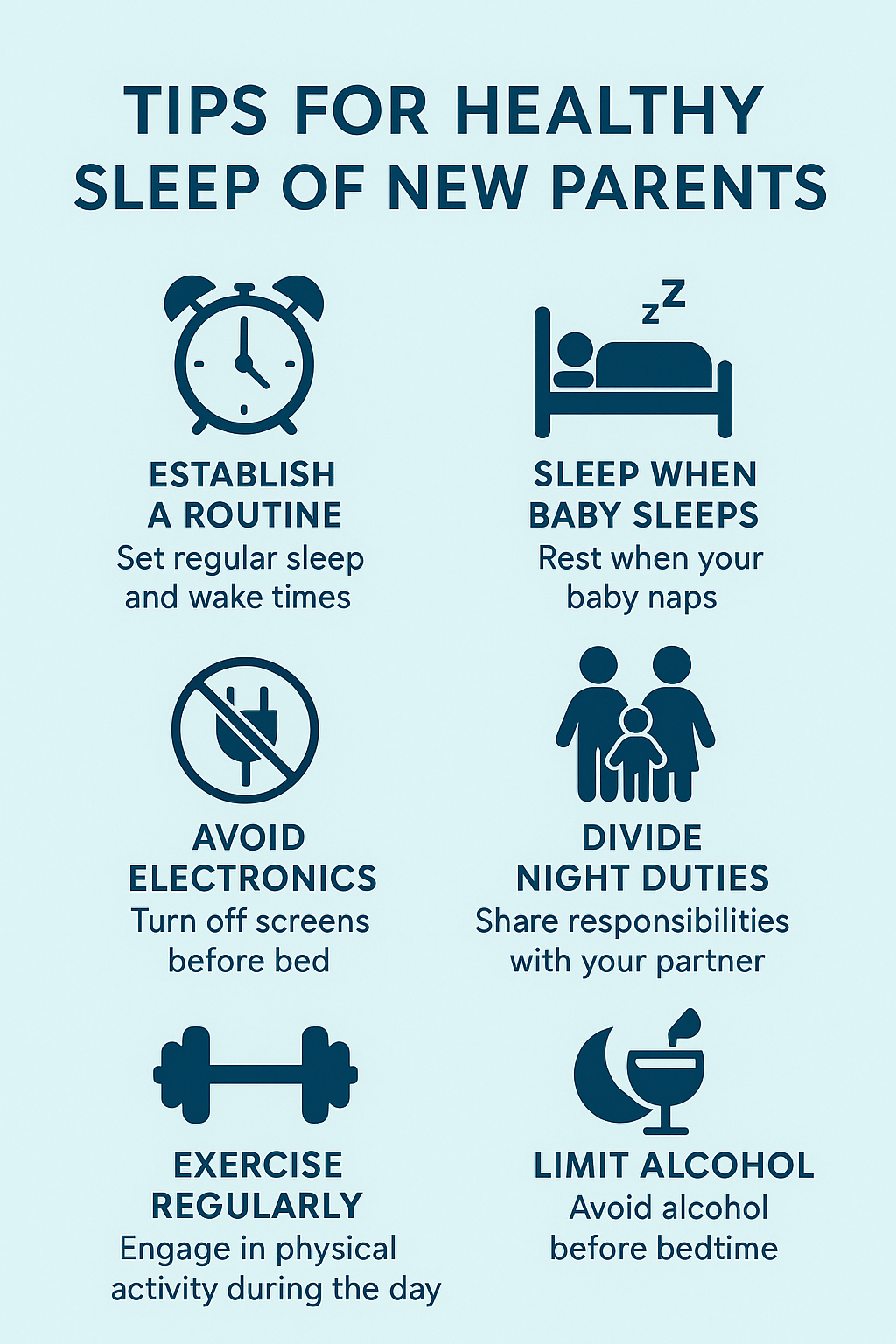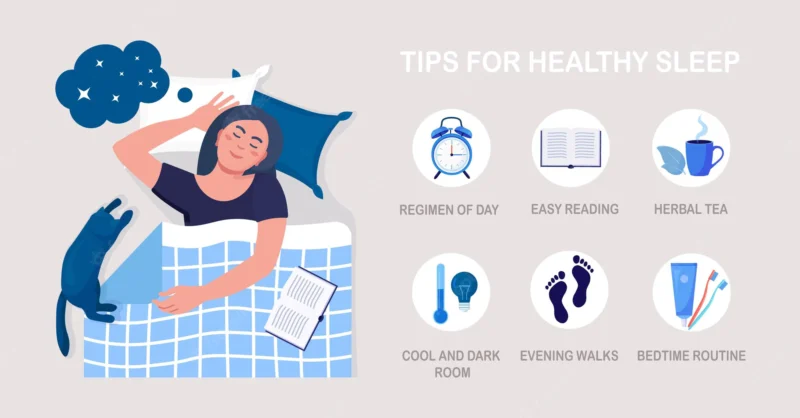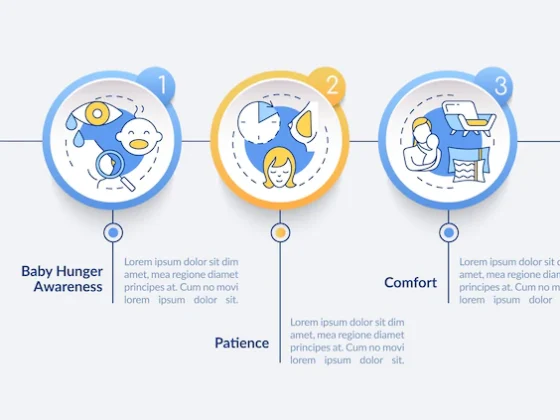Sleep deprivation is a major challenge for parents. Newborns need feedings every few hours, and older babies and toddlers often have bedtime struggles. Thankfully, most parents eventually find their groove again once their little one hits a more predictable routine. In the meantime, however, sleep deprivation can feel like an uphill battle. It’s common to feel tired, irritable and foggy-headed when sleep deprived. You may also find it harder to concentrate or focus on tasks. And being sleep deprived makes you more prone to errors and accidents—from forgetting simple things like locking the front door or switching off the stove, to car accidents. It’s imperative that new parents take steps to avoid sleep deprivation as much as possible while raising a baby (or young child).
Plan your day to conserve energy
When sleep deprived, even seemingly simple tasks can feel incredibly draining. To conserve as much energy as possible for your baby, try to plan your day around your baby’s sleep schedule. If you can, switch your work schedule to match your baby’s sleep times. If that’s not possible, take frequent breaks throughout the day to rest and recharge. Avoid tasks that require a lot of focus, focus, or energy. Instead, focus on low-energy activities like watching TV, reading, checking emails, light housework and talking on the phone. After your baby goes to bed, focus your energy on restorative activities like reading, meditating, light yoga, listening to music, or taking a quiet walk. Relax as much as possible to conserve energy and help ensure a good night’s sleep.
Take naps when possible
Naps are a great way to catch up on lost sleep. Newborns and babies, especially, often have predictable nap schedules. Once you know your little one’s nap schedule, you can plan your activities around those naps, taking advantage of sleep. If your baby isn’t sleeping predictably yet, you may need to take naps at different times each day. If you can, pick a time to nap when your baby is sleeping, to reduce the risk of waking up your baby. Avoid taking naps when your baby is awake, as a nap may wake you up just as your baby’s crying for a feeding. Don’t nap too long if you can help it. Although longer naps are better than shorter naps, aim for 15-20 minute naps. Longer naps may cause you to fall into a deeper sleep cycle than you can wake up from quickly, making it harder to wake up when your baby needs you.
If you can, exercise during the day
Exercising during the day can help you recharge, clear your head, and alleviate stress. It can also help you sleep better at night, by boosting your metabolism and releasing endorphins that can help reduce insomnia and restlessness. If you exercise during the day, you’re less likely to disrupt your baby’s sleep. And if you exercise right before you go to bed, you’ll help boost your metabolism and increase the production of sleep-inducing hormones. Just make sure to avoid strenuous workouts close to bedtime. If you exercise during the day, make sure to hydrate properly, especially if you’re breastfeeding. Be sure to also reduce your caffeine and other stimulant intake during your workout to avoid exhaustion.

Don’t do anything that requires focus while tired
If you’re feeling too tired to lift a finger, you’re probably too tired to be doing anything other than resting. If a task requires you to be mentally awake and focused, it’s best to avoid doing it when you’re overly tired. This can help you avoid making costly mistakes and reduce the risk of injury. Some activities to avoid while sleep deprived include driving (if possible, take public transportation or use ride-hailing services like Uber), cooking, ironing, cleaning and pet care. Avoiding these tasks will help you stay safe and reduce your risk of accidents. If you need to do one of these things, however, make sure you have someone else around to help you stay safe and avoid mistakes.
Establish a Sleep-enhancing Environment
Your sleep environment can have a major impact on how well you sleep. Create a sleep-enhancing environment to help you fall asleep easily and sleep better throughout the night. Make sure your sleep environment is dark, quiet and well-ventilated. Keep your bedroom as dark as possible to help your body naturally fall into a deep sleep. If you live near a noisy street, for example, consider investing in a sound machine, eye shades or earplugs to help block out the noise. Also, keep your bedroom as cool and well-ventilated as possible. Overheating can interfere with your sleep cycle and cause you to toss and turn.
Use White Noise at Night
If you live in a busy neighbourhood or have a noisy partner, you may find white noise helpful for falling asleep. White noise creates a consistent, soothing sound that can be helpful for blocking out sudden or unexpected sounds. If you have a baby, however, avoid loud white noise, as it could disturb your baby’s sleep. Instead, look for white noise that’s relatively quiet, like a ticking clock, a fan, or a static noise machine. White noise can help you fall asleep faster and sleep better through the night. It can help drown out sudden noises, like your partner’s snoring or your baby’s crying, that can disrupt your sleep.
Don’t be Afraid to Ask for Help
If you’re feeling exhausted and can’t see light at the end of the tunnel, don’t be afraid to ask for help. Whether it’s asking a partner, friend or family member to watch your baby while you take a nap, or making an appointment with your doctor to discuss sleep aids, don’t feel ashamed or guilty to ask for help. Sleep deprivation is a very real, very common challenge for parents. If you’re feeling like you’re running on fumes and nothing’s helping, don’t be afraid to reach out for help. Even if you don’t feel like you’re “that tired,” sleep deprivation can sneak up on you before you know it.
Bottom line
Sleep deprivation is a very real, very common challenge for new parents. While there are no quick fixes, there are plenty of things you can do to mitigate the effects of sleep deprivation. Start by planning your day around your baby’s sleep times and naps. Exercise during the day, create a sleep-enhancing environment, and use white noise to fall asleep. Don’t be afraid to ask for help, and most importantly, don’t beat yourself up if you occasionally struggle with sleep deprivation. It’s a normal part of parenting and something most parents go through at some point.




